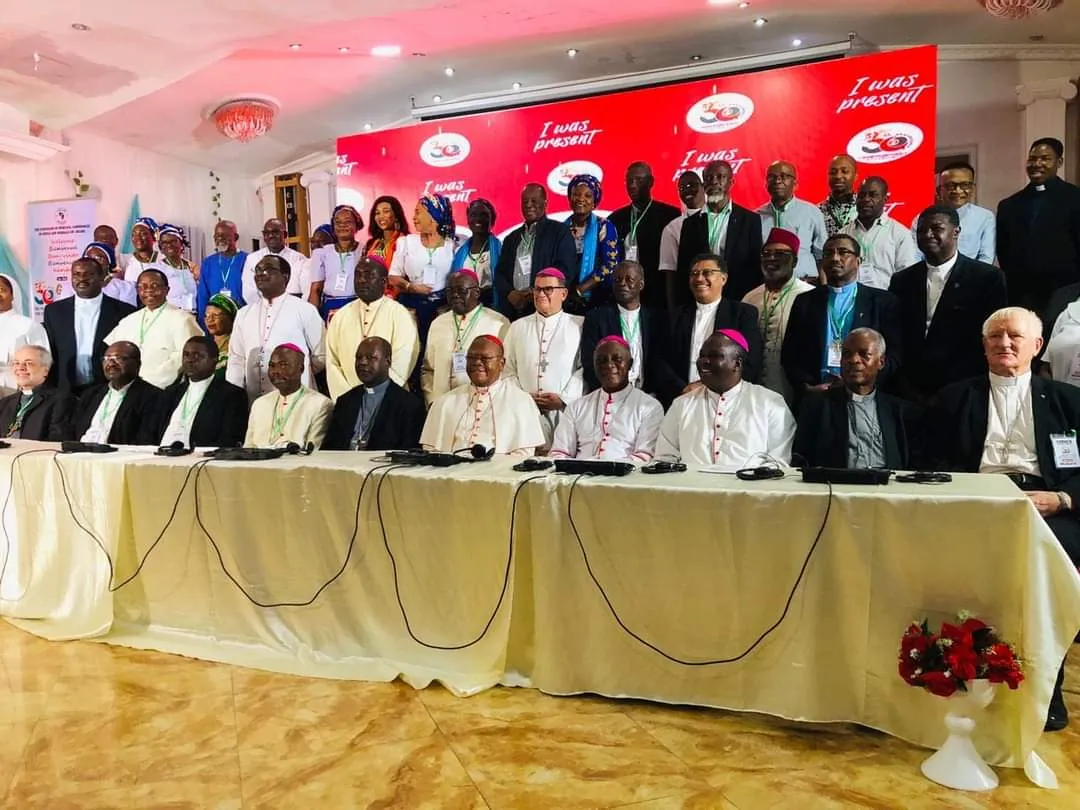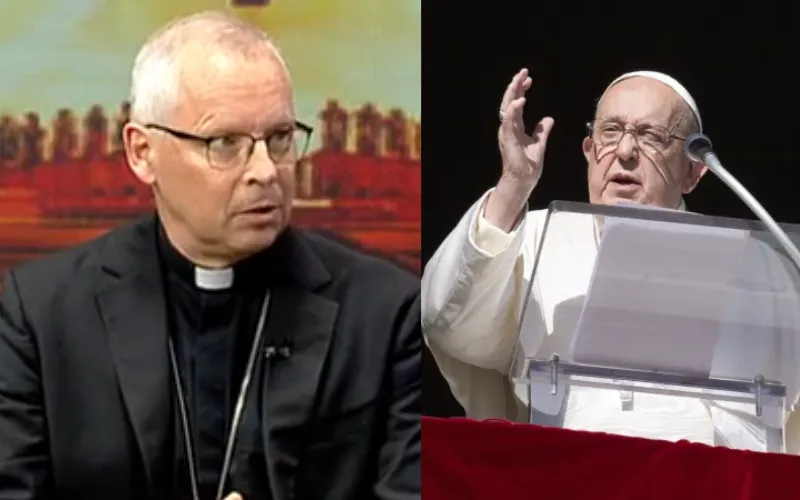Lagos, 21 November, 2023 / 9:50 pm (ACI Africa).
The Golden Jubilee of the Pan-African Episcopal Committee for Social Communications (CEPACS), an entity of the Symposium of Episcopal Conferences of Africa and Madagascar (SECAM), has ended with calls on the Church in Africa to embrace the digital culture.
The November 18-21 event was held in Nigeria’s Lagos Archdiocese under the theme, “CEPACS at 50: Towards Promoting a Synodal Church in Africa through Social Communications.”
Bishop Bernardin Francis Mfumbusa of Kondoa Diocese in Tanzania said, “The Church in Africa would do well to come to terms with the fact that linear media models that allowed for more centralized and regulated government control were over.”
Bishop Mfumbusa added, “Also gone is a Church that had more control over content through instruments such as Nihil Obstat and Imprimatur and by having its own printing presses producing family-worthy Christian magazines.”
“Today, the Church in Africa and elsewhere has to contend with a Babel mediascape with no gatekeepers,” he continued in his emphasis that the people of God in the world’s second-largest and second most populous content embrace digitality.








